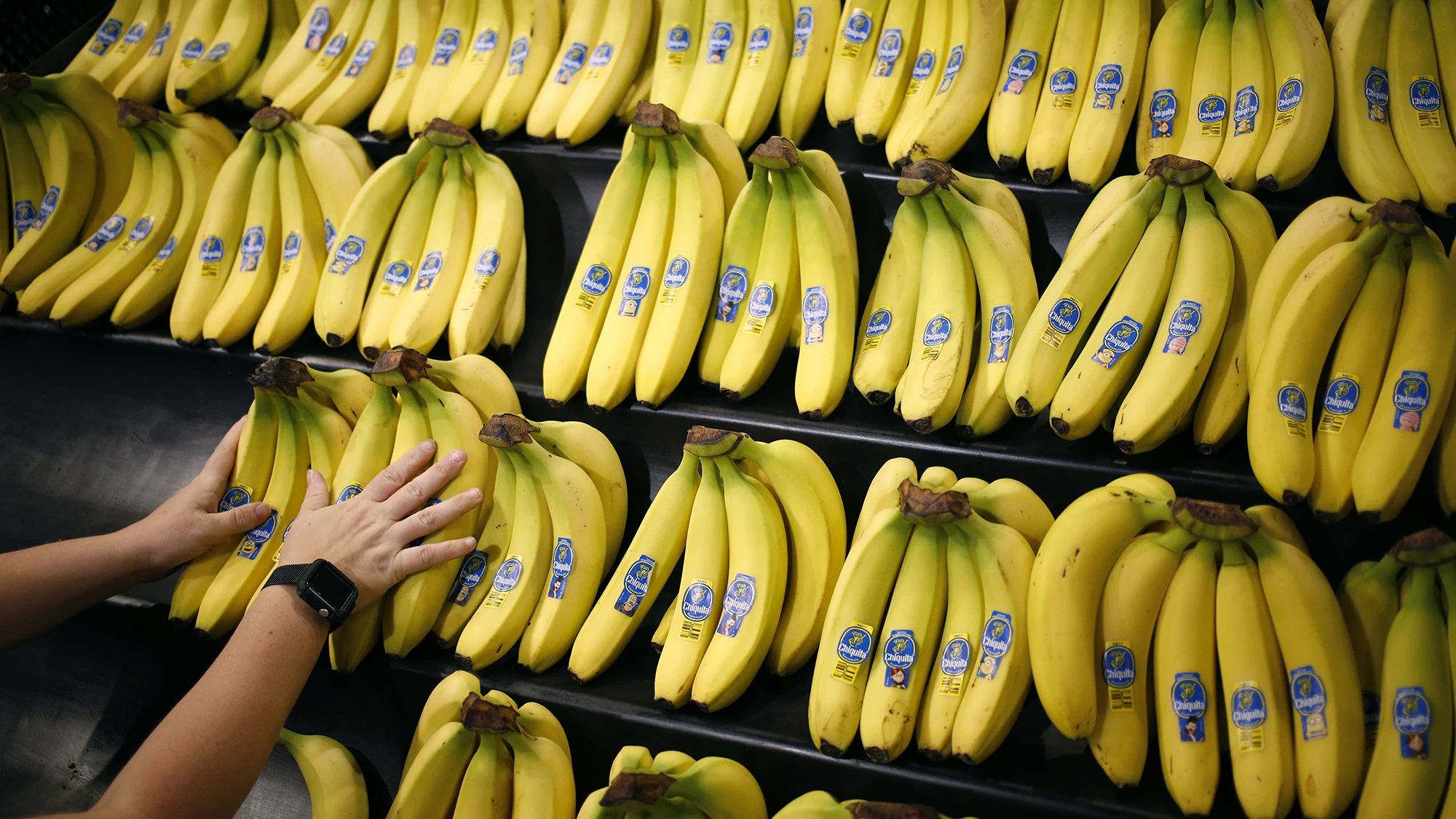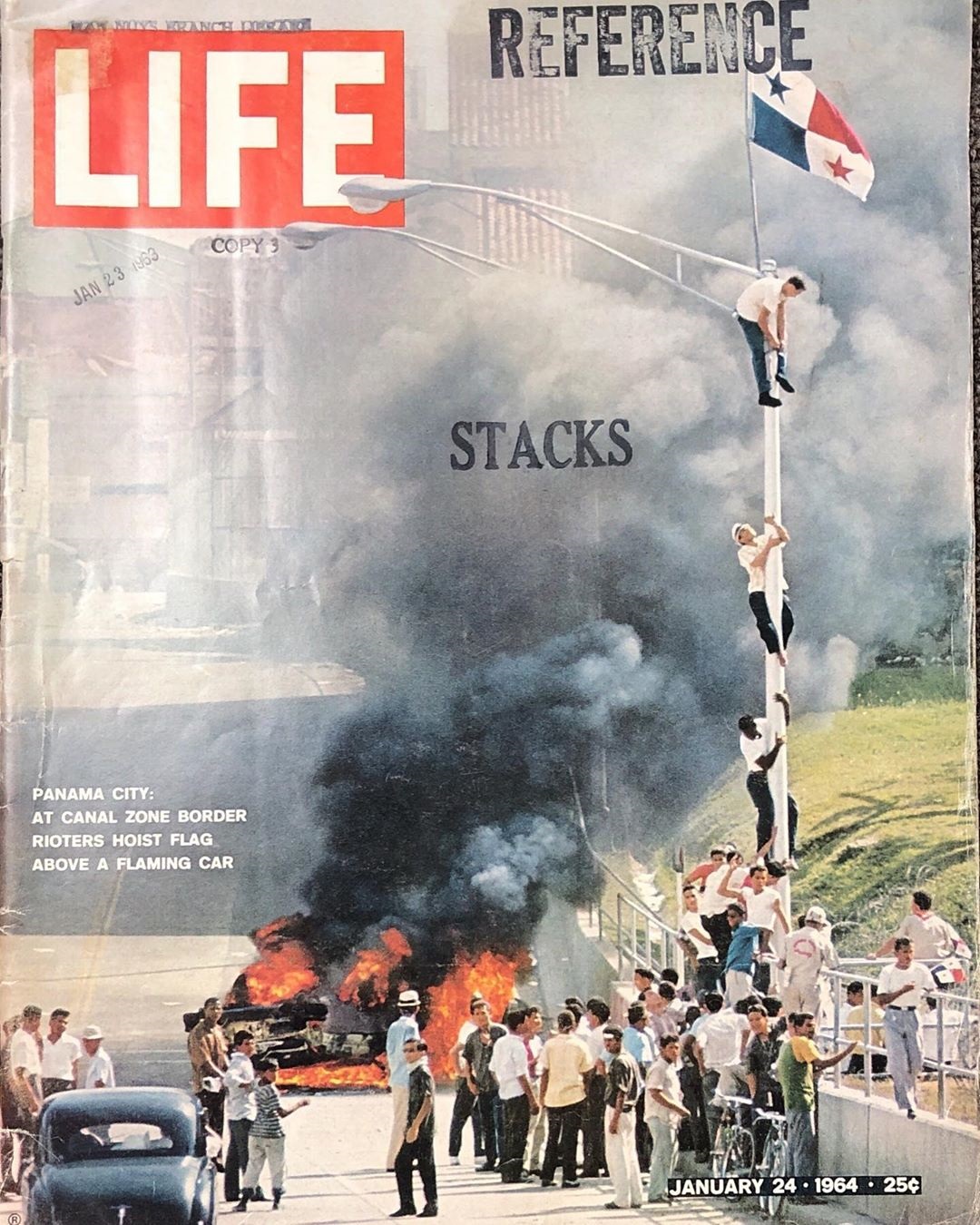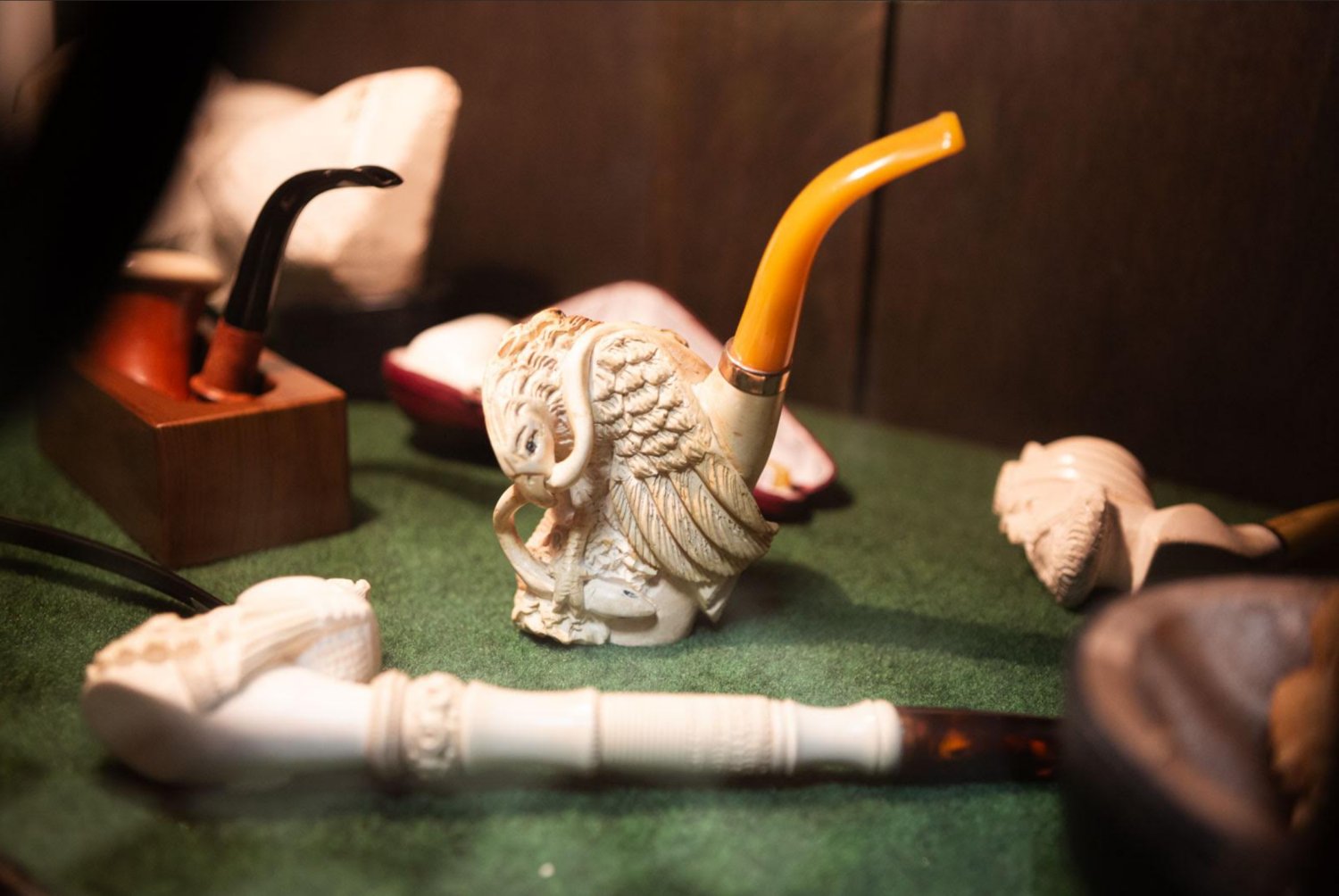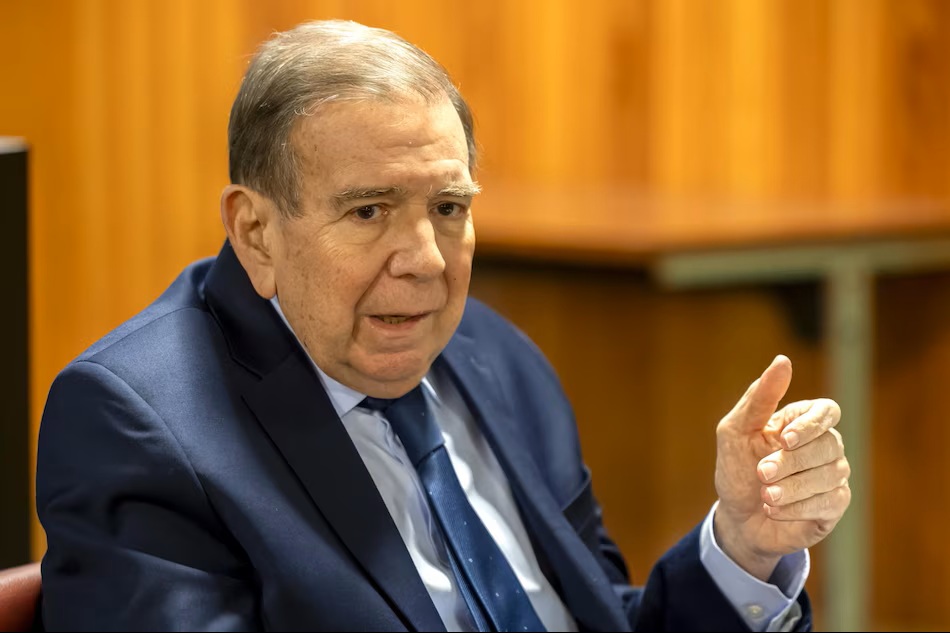Chiquita Banana Found Liable for Financing a Colombian Paramilitary Group

A Florida jury on Monday found Chiquita Brands International, the banana company, liable for financing the Colombian paramilitary group Autodefensas Unidas de Colombia (AUC). The jury in the civil case, in federal court in the Southern District of Florida, found that “Chiquita knowingly provided substantial assistance to the AUC to a degree sufficient to create a foreseeable risk of harm to others.” Chiquita, one of the world’s largest banana producers, has been ordered to pay a total of $38.3 million to the families of eight victims of the AUC, which was a far-right paramilitary group that was designated a terrorist organization by the US. The group disbanded in 2006, according to Stanford University’s Mapping Militants Project.
In an amended Florida lawsuit, which was filed in 2008, the plaintiffs alleged payments from Chiquita to the AUC propped up the paramilitary group’s violence in Colombia and that the company should be held liable for the group’s murders. In a statement Chiquita said it planned to appeal to jury’s verdict. “The situation in Colombia was tragic for so many, including those directly affected by the violence there, and our thoughts remain with them and their families. However, that does not change our belief that there is no legal basis for these claims,” the company’s statement said. “While we are disappointed by the decision, we remain confident that our legal position will ultimately prevail.” Searcy Law, a law firm representing AUC victims and their families, applauded Tuesday’s decision in a press release.
“The verdict sends a powerful message: corporations will be held accountable when business decisions prioritize profits over human lives,” Searcy Law said. The lives of the victims were devastated as a result of violence by AUC, Searcy Law said. In 2007, Chiquita pleaded guilty to making over 100 payments to the AUC totaling over $1.7 million despite the group being designated a terrorist organization. Chiquita recorded the AUC payments as “security services,” though the company never received any actual services from these payments, according to a US Justice Department press release from the time. The company agreed to pay the US government a $25 million fine, the US said in its release. An unnamed company executive had told the Justice Department that the payments had been made under the threat of violence, according to the release. However, the Florida jury ruled that Chiquita failed to “act as a reasonable businessperson would have acted under the circumstances.”
“Chiquita’s claim that it was forced to support the terrorists because it was itself the victim of extortion was a defense expressly rejected by the jury,” Searcy Law said. Searcy Law attorney Victoria Mesa-Estrada said the verdict is a wake-up call for businesses to “re-evaluate their operations and ensure they are not even indirectly supporting violence or human rights abuses.” In a social media post, Colombia’s president, Gustavo Petro, reacted to the American jury’s Tuesday decision and asked why the same ruling was not made in his home country. “Why could US justice determine in judicial truth that Chiquita Brands financed paramilitarism in Urabá? Why couldn’t Colombian justice?”





